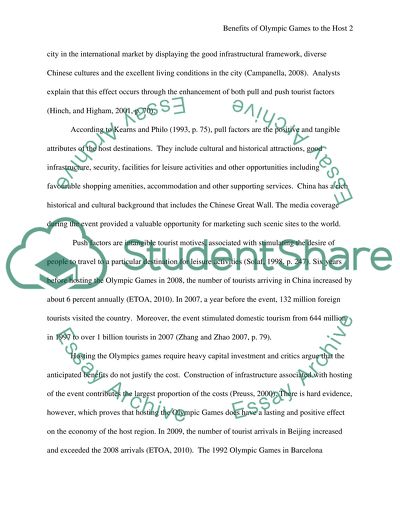Cite this document
(“This house believes international sporting events are beneficial to Essay”, n.d.)
This house believes international sporting events are beneficial to Essay. Retrieved from https://studentshare.org/geography/1439946-this-house-believes-international-sporting-events
This house believes international sporting events are beneficial to Essay. Retrieved from https://studentshare.org/geography/1439946-this-house-believes-international-sporting-events
(This House Believes International Sporting Events Are Beneficial to Essay)
This House Believes International Sporting Events Are Beneficial to Essay. https://studentshare.org/geography/1439946-this-house-believes-international-sporting-events.
This House Believes International Sporting Events Are Beneficial to Essay. https://studentshare.org/geography/1439946-this-house-believes-international-sporting-events.
“This House Believes International Sporting Events Are Beneficial to Essay”, n.d. https://studentshare.org/geography/1439946-this-house-believes-international-sporting-events.


